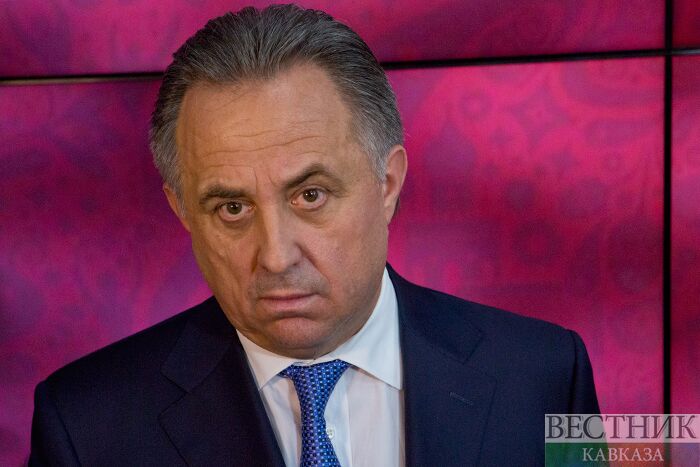Russian politicians and officials positively assessed the Russian President's address to the Federal Assembly, noting such aspects as attention to education, medicine, human rights, strengthening the role of the regions and economic development.
The Speaker of Russia’s Federation Council, Valentina Matviyenko, noted that "the president spoke of such eternal themes like education and health, but with a new formulation of the problems. Specific targets were outlined not only for the ministries and departments, but also for the lawmakers," she said.
According to her, the fact that this year the president has concentrated on domestic issues and problems of Russia is really important. "I think it is very important that most of the message was focused on the internal agenda, the President laid emphasis on economic development, set priorities to improve the competitiveness of our economy and the growth rate," Valentina Matvienko said.
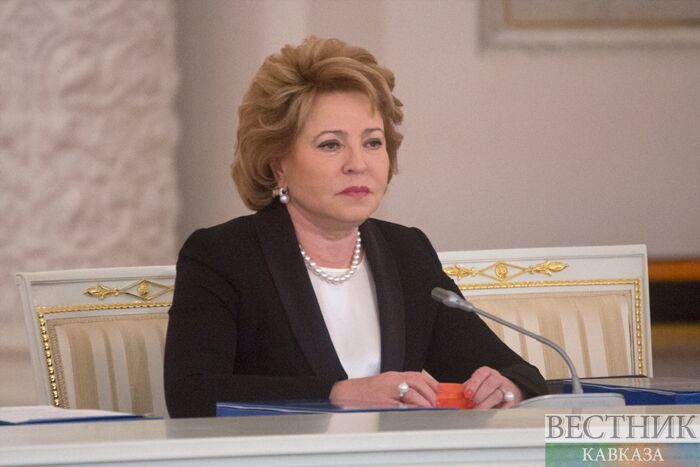
The chairman of the Federation Council’s Foreign Affairs committee, Konstantin Kosachev, speaking to Vestnik Kavkaza, named the idea that life in Russia is dependent primarily on "how we organize it ourselves" as the central thesis.
"I think it is absolutely right that the President focused on the domestic political and economic agenda - it is main to all of us who live in Russia," he said.
"In terms of foreign policy I think that the point that we are ready to build a relationship with the rest of the world was the main and very important. These equal partnership relations should be based on the principles of fairness, honesty and openness," Konstantin Kosachev stressed.
He also highlighted Vladimir Putin's thesis about Russia's unwillingness to look for enemies. "We are looking for partners, we are looking for friends. We are ready to work with any country, which is also ready for it. Due to the geographical, historical and political reasons, these are the EEU countries now, in a broader context these are the CIS, the SCO and the BRICS. But the US, the EU countries and Japan are not cut off from this agenda, if and when they will be ready to accept it," the chairman of the Federation Council’s Foreign Affairs committee concluded.
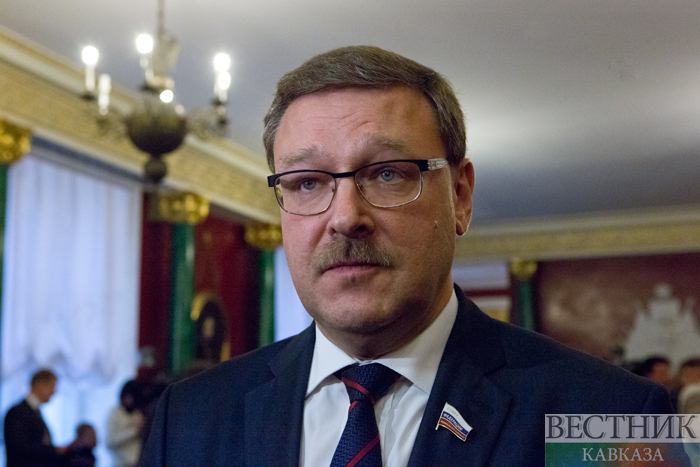
The head of the Republic of Dagestan, Ramazan Abdulatipov, speaking to Vestnik Kavkaza, in the first place highlighted the theme of human rights and freedoms. "It was not just an abstract formulation of the issue, but the implementation in such specific areas as education and culture," he said.
Ramazan Abdulatipov commented on a regional agenda of the presidential address. "The most important thing is that everything depends on us, as we say in the regions. We will be interfered, so we need to work efficiently, using the vast resources. Unfortunately, economic policy has gone off to the macroeconomic level and rarely reaches the regions, and territorial entities - this is a task for the future, we need to develop a small business for this purpose. This presidential address was optimistic, showing a positive trend of development of the country, which inspires us to further work," the head of Dagestan stressed.
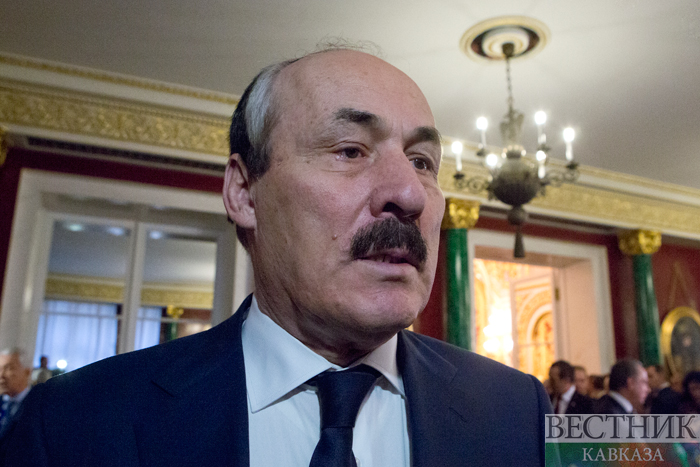
Russia’s Education and Science Minister Olga Vasilyeva, stressed the school theme in the president's address. "The words of education and training, the construction of schools, the development of technical creativity, the talents which we must seek and maintain, and about the new level of secondary vocational education are very important. The main thing that the President said something very important for me, that the need to educate children not only at school: they have literature, theater, history, museums," the minister pointed out.
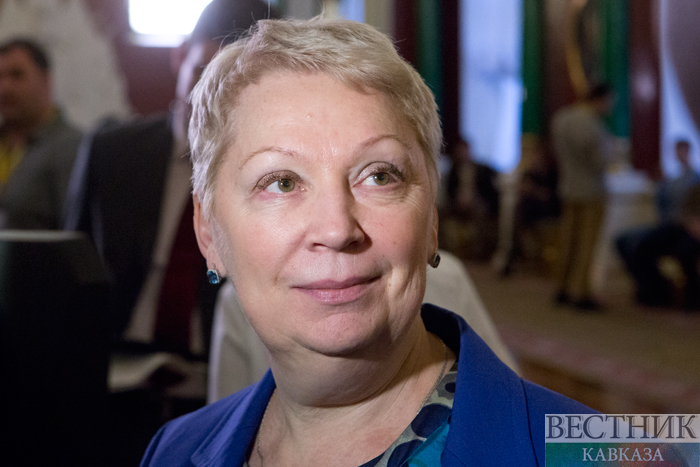
Russian Deputy Prime Minister Vitaly Mutko said that the theme of doping scandal in the President's message was of particular importance. "The president said that there are certain double standards in assessment of athletes. For example, there will be a new report the WADA on December 9, and neither Russian experts nor athletes do not even know what they are studying. And if they investigate the issue of storing doping samples, then experts-representatives of the country should be invited," he said.
"The accusations and claims against the Russian sport, as well as punishment are not quite adequate. Doping is a world value problem, and the president said that in the next year we are ready to create an anti-doping program. We are ready to spend a lot, but we need this system to be recognized by the IOC and WADA," Vitaly Mutko added.




